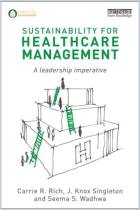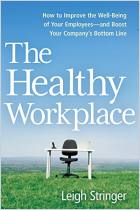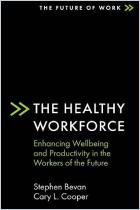
Healthy Buildings
How Indoor Spaces Drive Performance and Productivity
Recommendation
Successful companies understand that investing in a healthy environment helps their workforce perform at its best, which, in turn, benefits the organization’s bottom line. In Healthy Buildings, Dr. Joseph Allen and John Macomber share their expertise in public health, business and forensic investigation by detailing the nine foundations of a “Healthy Building,” including practices to increase ventilation, improve air quality and reduce exposure to indoor pollutants.
Summary
About the Authors
Joseph G. Allen is the director of the Healthy Buildings program at Harvard’s School of Public Health. John D. Macomber is a senior lecturer in finance at Harvard Business School and the author of more than 30 case studies on infrastructure projects.




















Comment on this summary or Diskussion beginnen